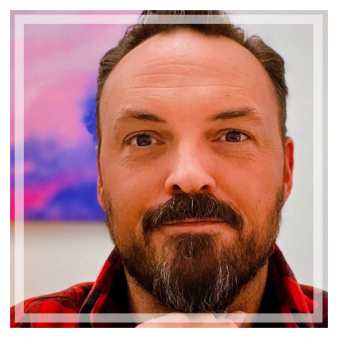
Addiction Counselor
Blair Bisher, NCC, PhD(c), CSAT-c, MS, MHA
Porn & Sex Addiction Counselor
173 Mt Auburn St, Watertown, Massachusetts 02472 | 617-294-6493
I will help you find freedom from your compulsive and addictive behaviors. Leveraging a solutions-focused approach via an 8-session curriculum to help men understand and overcome sex and porn addiction, or compulsive sexual behavior disorder. We will discuss problem definition, solution creation via the miracle exercise, understanding control through understanding internal/external variable assessment, brain mapping, identity, sustainable sobriety, defense mechanisms and ultimately determining what fix your compulsive behavior is delivering.
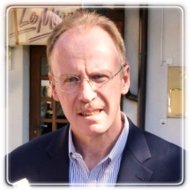
Addiction Counselor
Walter Matweychuk, Ph.D.
Licensed Psychologist
71 Park Avenue, Suite 1C, New York, New York 10016 | 212-750-2826
I show people who are misusing substances that overcoming an addiction is quite possible. I emphasize work and practice at coping skills. I first help the individual to judge only their self-defeating behavior but never to put themselves down as a person for being addicted. This helps reduce guilt, shame, anxiety and denial. We focus on developing coping skills to handle problems and change behavior. I show the individual how to develop emotional and behavioral control even when life is difficult and stressful. I teach how to increase frustration tolerance. I lay out a specific plan for coping with temptation. I build and maintain motivation for staying with the recovery process.
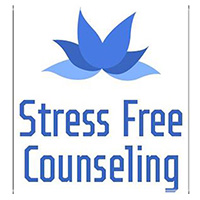
Addiction Counselor
Chris Colasuonno, LCSW-R, MBA, CASAC
Licensed Clinical Social Worker - Credentialed Alcohol Substance Abuse Counselor
Available for Online Therapy
Having worked in the addiction counseling and psychotherapy field has allowed me to become a certified alcohol and addiction counselor (CASAC) where I offer treatment for substance abuse understanding individuals who suffer from addiction and their families who also might be suffering. I have helped many clients find treatment help whether its in Westchester or Putnam County partnering with substance abuse rehabs and other treatment providers. Often the client likes to talk about their struggles or a family member might call for an intervention. Call to discuss your needs.
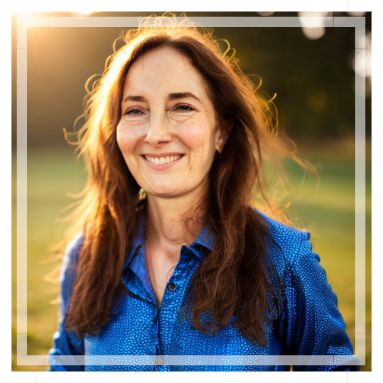
Addiction Counselor
Carolyn AlRoy, Psy.D.
Licensed Psychologist
60 West 13th St., Suite A, New York, New York 10011 | 3473063454
Overall, I treat addiction much like I would treat any other crisis. I would do addiction assessment to make sure I'm the right person to treat you. I'd identify triggers, what makes you more likely to repeat the addictive behavior. I can work with substance use and sex addiction. My general belief is that addiction is a way that people avoid dealing with other people and their problems. It can be a learned behavior. In order to stop doing the offensive behavior, it is important to focus on what you do want to do. This is the process of recovery, and I will do my best to facilitate this.
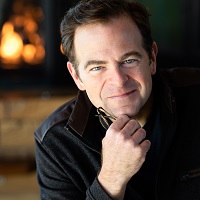
Addiction Counselor
Kevin Fleming, Ph.D.
Coach/Change Agent/Consultant
New York City, New York 10013 | 1-877-606-6161
While most treatment approaches to addiction include 12 step programs, rehabs, and now sober living houses, Grey Matters International, Inc. provides a wildly successful alternative to traditional models of addiction treatment----that keeps the brain in mind. That is, talking to the conscious brain while the primal brain is deciding things even before you are consciously aware? Well, that is the problem to solve in addiction. We have the solution utilizing a new cutting edge neuroscience-centered brain rebalancing system. Contact kevin@kevinflemingphd.com or call 877-606-6161.
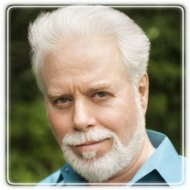
Addiction Counselor
Hal Brickman, LCSW, RCSW, CSW, MSW, CHT
New York State Licensed Clinical Social Worker
110-50 71st Road, Forest Hills, New York 11375 | (516) 439-4282
The cycle of addiction is dizzying to the addict and it creates what I calling "doing" some forward movement in growth. And undoing. The old (by now probably moldy) undoing). The trapdoor for the addict is you know the drug offers relief. And since you live only in the hear and now (emotional and physical pain can cause that feeling) you want the instant relief that it seems only the drug gives you. My job is to gently and sometimes not so gently dispel you of this massive myth. What you really need is to learn to slow down by substitution of behaviors. It will be clearer when we meet.

Addiction Counselor
Walter Masterson, LCSW
Psychotherapy and Counseling
321 E 69th Street, 3F, New York, New York 10021 | (646) 745-7755
This is an area of treatment where I have seen many miracles. Successfully moving beyond substance dependence and abuse is not a matter of will power and character. Addictions are very 'sticky' and nine decades of research and experience confirms that attempting to keep them in check without help does not work. Twelve step programs (AA, NA, CA, etc) are the ‘gold standard’ of recovery, and are tried and true methods of achieving lasting abstinence. I possess a strong 12 Step program background, but know it is very helpful to be introduced to recovery properly to feel at home. Come for a consultation and see what is possible.
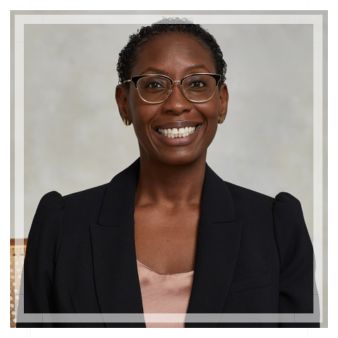
Addiction Counselor
Jessica Parlor, PhD
Licensed Psychologist
6 East 39th Street Suite 600 , New York, New York 10016 | 877-292-6020
ERP (Exposure and Response Prevention) can be adapted for addiction treatment by exposing individuals to triggers associated with substance use while preventing the typical compulsive response. Through repeated exposure to these cues, clients learn to tolerate cravings and resist the urge to use substances. ERP for addiction targets maladaptive patterns of behavior and helps individuals develop healthier coping mechanisms. By breaking the cycle of avoidance and compulsive substance use, ERP promotes long-term recovery and enhances overall well-being.
You have Found the Top Therapists for Addiction And Codependency in New York City, NY.
Thank you for visiting our New York page of therapists in New York City who specialize in addictions in all forms- internet addiction, pornography and sex addictions, gambling, alcohol and drug abuse, shopping, and food addictions. An addiction can destroy lives and relationships. Often times there is a codependent person somewhere in the sphere of an addict. Professional therapy from an addiction specialist in New York City, NY is a vital part of recoverey and healing. We are ready to help, let's get started.
New York City is located in New York County, New York. It has a land area of 301.46 square miles and a water area of 166.73 square miles. The population of New York City is 8.55 million people with 3.11 million households and a median annual income of $53,373. .
Therapy Affordability Meter for New York City, NY
Affordable with Planning
Therapy in New York City is generally within financial reach for the average family, but some budget planning may be needed for a real commitment to weekly counseling. Remember that your mental health and happiness are important. Check with your New York City therapist about insurance coverage or ask about sliding scale fees if there are any difficulties with accessibility. Low cost counseling and affordable therapy are also sometimes offered by listed city and university level clinics, check with your local New York City public health department.
